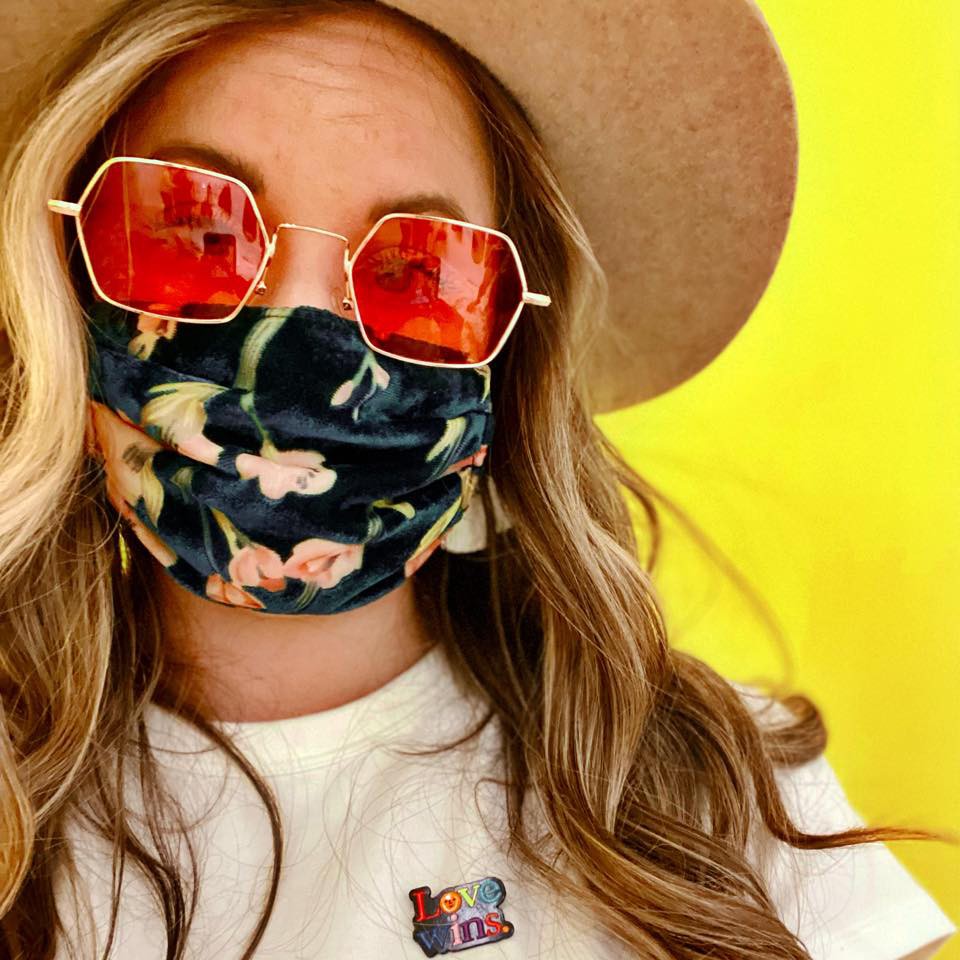We caught up with the brilliant and insightful Dr. Tess M. Kilwein a few weeks ago and have shared our conversation below.
Dr. Tess M., thanks for taking the time to share your stories with us today We’d love to hear the backstory of how you established your own practice.
It was always about access. I opened my clinical practice, Tess M. Kilwein, LLC, in January of 2021, while working full-time as a trauma specialist at a university counseling center, because I saw unmet needs in the community I lived in. Like most communities, access to services for those who held experiences of trauma, addiction, and identity-based marginalization was lacking. Finding good mentorship was crucial during this process! I trusted my abilities as a clinician, but stepping into the world of owning and operating a business was not training I had received throughout my education. My best advice for young professionals who may be considering starting their own practice is to surrounding yourself with good mentors, colleagues, and referrals and most importantly, love the work that you do.


Dr. Tess M., love having you share your insights with us. Before we ask you more questions, maybe you can take a moment to introduce yourself to our readers who might have missed our earlier conversations?
I am a board-certified clinical and sport psychologist licensed in California, Colorado, North Dakota, Tennessee, and Wyoming. I am also authorized to provide telemental health services across a majority of US states and territories through the Psychology Interjurisdictional Compact (PSYPACT). Full-time, I provide sport psychology, mental health, and performance services for Vanderbilt University’s varsity student athletes, teams, and staff throughout a comprehensive and integrated performance enhancement and mental health consultation service. Part-time, I am also the founder of Tess M. Kilwein, LLC, a telemental health practice that provides psychotherapy, consultation and training, and sport and mental performance services with a particular focus on transgender and rural healthcare. I am credentialed by the National Register of Health Service Psychologists, the United States Olympic & Paralympic Committee Mental Health Registry, and a Certified Mental Performance Consultant (CMPC) . My clinical specializations include trauma/PTSD, substance use/addiction, behavioral health consultation, masculinity, sex, transgender healthcare, and sport and performance psychology. Prior to my current positions, I completed a pre-doctoral internship at Denver Health Medical Center (DHMC) and a post-doctoral fellowship at Colorado State University Health Network (CSUHN). At DHMC, I provided psychological and consultative services in various settings throughout an integrated healthcare system, including an LGBTQ/HIV primary care clinic and addiction consultation-liaison service. While at CSUHN, Iprovided psychological treatment to college students who use substances, sports performance consultation to the CSU’s athletic department, and behavioral health consultation to the university’s primary, urgent, and women/gender medical services. In addition to providing clinical and consultative services, I am active in clinical research examining risk behaviors (e.g., substance use, sexual behaviors) and community activism/organizing, particularly at the intersection of mental health, physical health, and historical marginalization. I am the co-advisor for Vanderbilt Athletics’ chapter of Athlete Ally and an elected member of the American Psychological Association’s Committee for Rural Health.


Other than training/knowledge, what do you think is most helpful for succeeding in your field?
Caring, deeply, about the work you do. Training and knowledge is certainly essential to succeeding in the field of mental health and performance. However, without passion and an overall desire to serve the people you work with, training and knowledge can only take you so far. For me, as long as every patient leaves their time with me knowing that I remain curious about their stories and compassionate about their suffering, I’ve succeeded.


How’d you build such a strong reputation within your market?
I can say with confidence that building strong, trusting relationships with my patients, colleagues, and community resources is what helped build my reputation within my market. This is particularly important for the clientele I predominantly serve: the traumatized, addicted, queer, and otherwise marginalized. The mental health field has a long history of causing harm to these communities, and it was not until I was able to name those harms and make intentional efforts to de-colonize my practice that I built a reputation through trust and word-of-mouth.
Contact Info:
- Website: https://www.tessmkilweinllc.com/
- Instagram: https://www.instagram.com/kilweinllc/
- Facebook: https://www.facebook.com/tessmkilweinllc/
- Linkedin: https://www.linkedin.com/in/dr-tess-m-kilwein-9774b784


